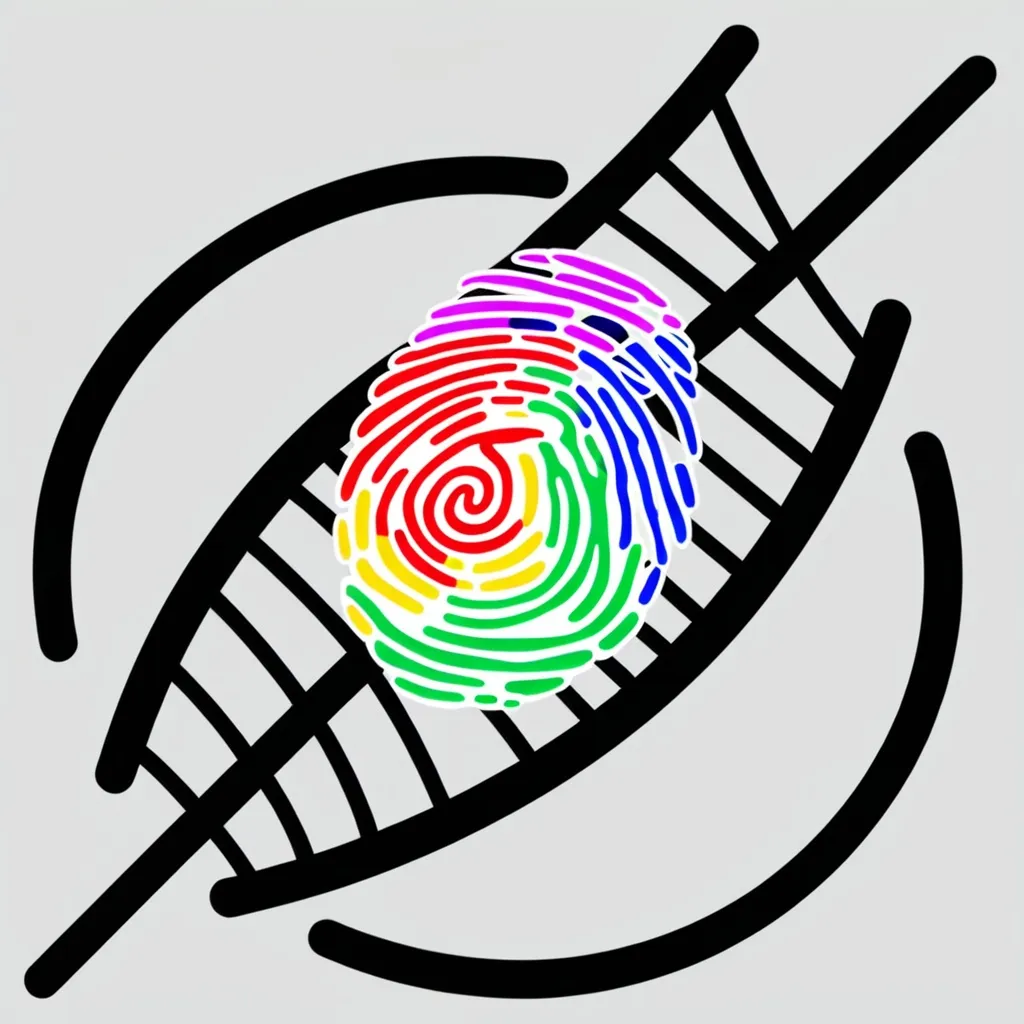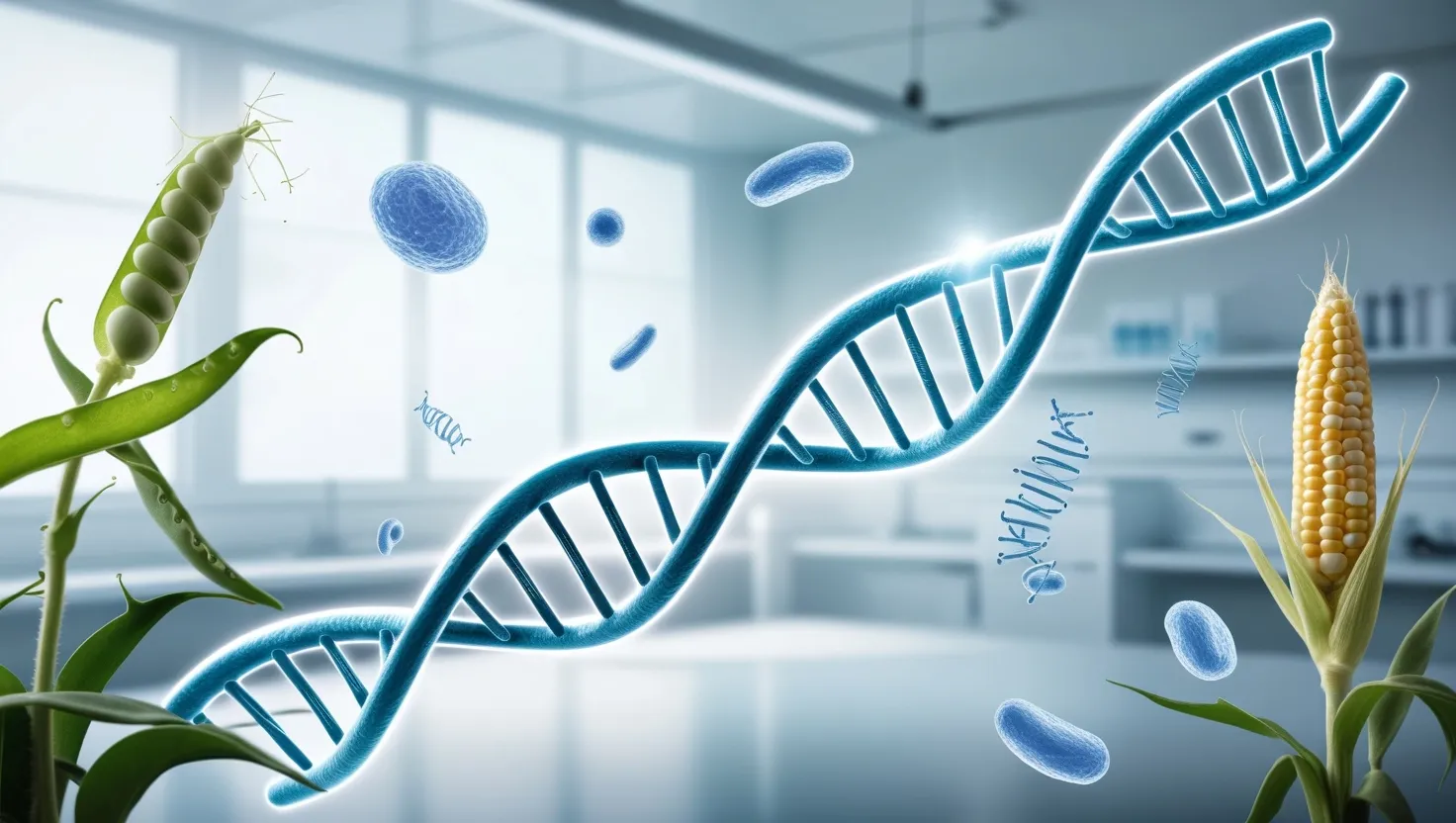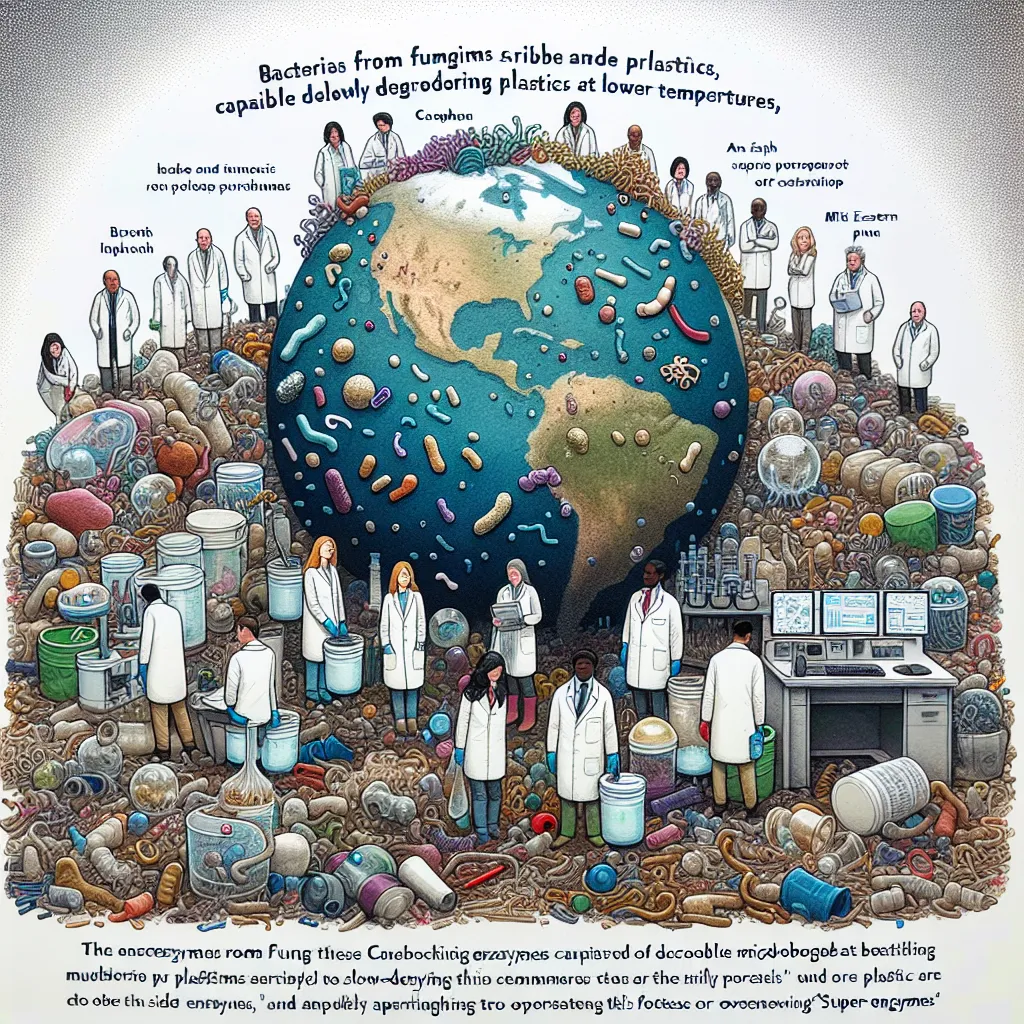Revolutionizing Healthcare: The Rise of Personalized Medicine
Imagine a world where your doctor could tailor your treatment plan to your unique genetic makeup. A world where medications are prescribed not based on general statistics, but on how your body specifically responds to them. This isn’t science fiction - it’s the exciting reality of personalized medicine, and it’s reshaping the landscape of healthcare as we know it.
For generations, medicine has followed a one-size-fits-all approach. We’ve treated patients based on broad averages, assuming that what works for most will work for all. But let’s face it, we’re all unique snowflakes when it comes to our health. Our genes, our lifestyle, our environment - they all play a role in how we develop diseases and respond to treatments.
Think about it like buying clothes. You wouldn’t grab a shirt off the rack without checking the size, right? So why should we apply the same medical treatment to everyone regardless of their genetic differences? It’s this realization that’s driving the personalized medicine revolution.
Now, the idea of tailoring treatments to individuals isn’t entirely new. Over a century ago, an English physician named Archibald Garrod started studying rare diseases like alkaptonuria and albinism. He noticed that these conditions ran in families and realized that inherited factors could influence health. Little did he know, he was laying the groundwork for what would become personalized medicine.
Fast forward to today, and we’ve got some seriously cool tech at our disposal. DNA sequencing, genotyping chips - these high-tech tools are giving us unprecedented insights into our genetic makeup. And let me tell you, the differences between individuals are mind-blowing. We’re talking millions of unique genetic variants for each person.
This is where genomics comes into play. It’s like the secret sauce of personalized medicine. By sequencing a person’s genome, doctors can get a sneak peek into their genetic predispositions, disease risks, and how they might respond to different treatments. It’s like having a crystal ball, but instead of vague predictions, we’re getting hard scientific data.
Let’s get real for a moment and look at how this is playing out in the real world. Take leukemia treatment, for example. There’s this drug called Gleevec that works wonders for some patients, but for others, it’s about as useful as a chocolate teapot. Thanks to genetic research, we now know why some patients don’t respond to Gleevec. This discovery has led to the development of new drugs that can be used in combination, giving hope to patients who previously had limited options.
Or consider type 1 diabetes. Researchers are mapping out the genetic interactions that contribute to the disease. It’s like putting together a really complicated puzzle, but once we have all the pieces in place, we’ll be able to develop more targeted treatments.
The benefits of personalized medicine are pretty mind-blowing when you think about it. We’re shifting from a reactive approach to a preventive one. Instead of waiting for diseases to show up, we can now predict who’s at risk and take action early. It’s like having a health crystal ball.
Imagine finding out you’re at high risk for a certain type of cancer. Scary, right? But with personalized medicine, that knowledge becomes power. You can start screening earlier, make lifestyle changes, and potentially prevent the disease from ever developing. It’s not just about treating illness anymore; it’s about maintaining health.
And let’s talk about drugs for a second. We’ve all heard horror stories about medication side effects, right? With personalized medicine, we can predict which drugs will work best for you and which ones might cause problems. No more trial and error, no more nasty surprises. It’s safer, more effective, and honestly, just makes more sense.
This approach isn’t just better for patients; it’s also a game-changer for the healthcare industry. Think about pharmaceutical clinical trials. They’re notoriously expensive and time-consuming, with high failure rates. But with personalized medicine, we can target trials to the people most likely to benefit. It’s more efficient, less costly, and could bring new treatments to market faster.
Now, I know what you’re thinking. If personalized medicine is so great, why isn’t everyone doing it already? Well, change is hard, especially in an industry as complex as healthcare. The traditional “blockbuster model” of drug development, which focuses on creating broad-based therapies, is deeply ingrained in the pharmaceutical industry. It’s like trying to turn a massive ship - it takes time and effort.
Then there’s the regulatory environment. Current regulations are set up for large-scale clinical trials, not the targeted therapies that personalized medicine often involves. It’s like trying to fit a square peg in a round hole. We need to rethink how we approach drug approval and testing to accommodate this new paradigm.
And let’s not forget about the healthcare payment system. Right now, it’s set up to reward providers for performing procedures rather than for accurate diagnosis and effective prevention. It’s backwards when you think about it. We need to align incentives to encourage personalized medicine practices.
But despite these challenges, the future of personalized medicine looks bright. By 2030, experts predict it will have transformed healthcare as we know it. Imagine having all your health data readily available through electronic health records and wearable devices. It’s like having a personal health assistant, constantly monitoring your wellbeing and helping you stay on track.
Of course, this means our healthcare systems will need to be flexible and adaptable. We’re talking about rapid technological and scientific innovations here. Healthcare professionals will need to become tech-savvy, learning how to interpret biomarkers and analyze complex data to make personalized clinical decisions. It’s a brave new world, and we all need to be ready for it.
Now, let’s talk money for a moment. The economic implications of personalized medicine are huge. By reducing the need for trial-and-error treatments and minimizing side effects, we could significantly lower healthcare costs. It’s not just about saving money, though. It’s about creating a more efficient and equitable healthcare system, where everyone has access to modern, personalized care.
But to make this vision a reality, we need to invest in research and innovation. We need to foster strong connections between healthcare providers and researchers. The large volumes of routine healthcare data we collect could be goldmines for research and patient stratification. It’s a win-win situation.
Let me share a couple of real-life scenarios to bring this home. Imagine a young woman named Sarah who’s diagnosed with a rare form of cancer. Through genetic testing, her doctors identify specific mutations driving her cancer. Based on this information, they prescribe a targeted therapy that’s not only more effective but has fewer side effects than traditional treatments. Sarah’s chances of recovery improve, and she experiences a better quality of life during treatment. That’s the power of personalized medicine.
Or consider John, a middle-aged man with a family history of heart disease. His doctor uses genetic testing to assess his risk and develops a personalized prevention plan. This includes specific dietary changes, exercise routines, and medications tailored to John’s genetic predispositions. By taking this proactive approach, John may avoid developing heart disease altogether, saving him from potential complications and improving his overall health.
These aren’t just hypothetical scenarios. They’re becoming reality for more and more people every day. Personalized medicine is transforming healthcare from a one-size-fits-all approach to a tailored, individualized experience.
As we look to the future, it’s clear that personalized medicine will continue to shape healthcare. It’s making treatments more precise, more predictable, and more powerful. It’s shifting our focus from treating diseases to maintaining health. It’s empowering individuals to take control of their health in ways we never thought possible.
The rise of personalized medicine is a testament to human ingenuity and our relentless pursuit of better health outcomes. It’s not just about treating diseases anymore; it’s about understanding each person’s unique health journey and providing care that’s as individual as they are.
In this new era of medicine, we’re not just patients; we’re partners in our own healthcare. We’re moving away from the idea of treating the average and towards treating the individual. It’s an exciting time to be alive, and the possibilities are endless.
So, the next time you visit your doctor, don’t be surprised if they talk about your genes as much as your symptoms. Welcome to the age of personalized medicine - where your health care is as unique as you are.






